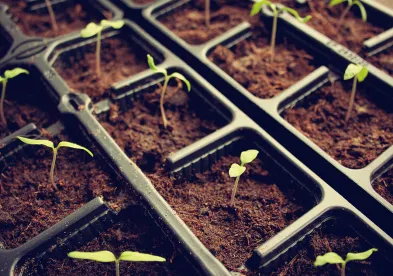As discussed in this blog two and three weeks ago, the Food and Drug Administration (FDA) and Centers for Disease Control and Prevention (CDC) have been investigating a multistate outbreak of E. coli O157:H7 illnesses that were likely linked to romaine lettuce. On November 20, CDC advised consumers, retailers, and restaurants not to eat, sell, or serve any romaine lettuce until the source of the outbreak was better understood.
On November 26, FDA announced that it had narrowed down the traceback to romaine lettuce grown in the central coast growing regions of northern and central California. FDA also said that lettuce known to be grown outside of this region is safe to eat, sell, or serve. On the same date, the United Fresh Produce Association issued a press release confirming that a number of grower shippers had negotiated an agreement with FDA. Under the agreement, supported by multiple produce associations, including United Fresh Produce Association, grower shippers agreed to label their romaine products with the region where they were grown and the approximate harvest date.
On December 13, FDA provided an update on the outbreak. The onset of the last of the 59 confirmed illnesses, with 23 hospitalized, was November 16. FDA and CDC announced that they have narrowed down the source of the outbreak to “Monterey, San Benito, and Santa Barbara counties in California. Romaine lettuce from outside those counties need not be avoided. Consumers may notice that romaine lettuce is beginning to be available in stores with new labeling. Additionally, romaine from Ventura, San Luis Obispo, and Santa Cruz counties harvested after November 23, 2018 should be labeled with harvest area and harvest date, allowing it to be distinguished from romaine lettuce that should be avoided.” FDA and CDC also confirmed that Hydroponically- and greenhouse-grown romaine are likely safe.
Of particular note, FDA and CDC confirmed via whole genome sequencing a sample from Adam Bros. Farming Inc. with the same strain of E. Coli as the outbreak. Adam Bros. has not shipped romaine since November 20 and experts are working with the farm to identify the source of the contamination and safety measures to take before the next growing season.
Adams Bros. is likely not the only source of the contamination. Per the FDA press release, “[t]he finding on this farm, however, does not explain all illnesses. The FDA’s traceback activities of romaine lettuce will continue as FDA works to determine what commonalities this farm may have with other farms and areas that are being assessed as part of the investigation.”



 />i
/>i
